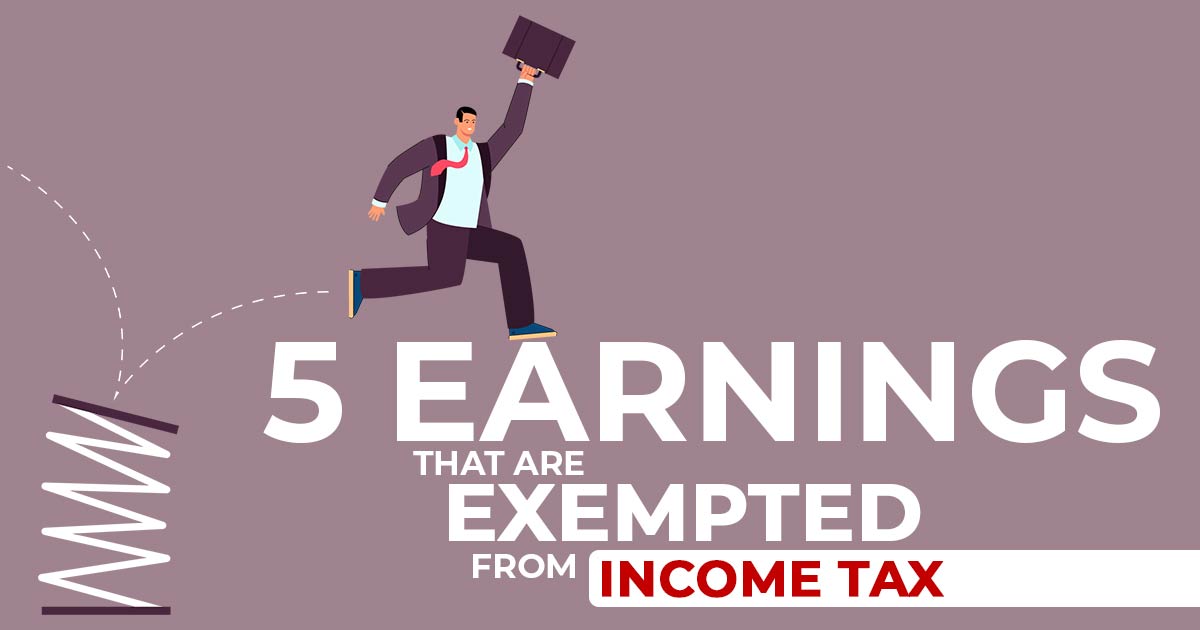
Generally, individuals are unaware of sources of non-taxable income while filing their income tax returns. These income sources have no tax liability and must be included in your Income Tax Return (ITR) to provide accurate proof of your financial status and claim deductions.
Understanding these sources can save you time and avoid redundancy. The following is a list of non-taxable incomes as per the Income Tax Department’s website:
Earnings From Agriculture
Under Section 2(1A) of the Income Tax Act, Agricultural Income is defined as follows:
- Rent or revenue from land in India used for agricultural purposes.
- Income derived from such land for agricultural operations, including processing agricultural produce as per market standards and setting it up for sale.
- Income derived from a farmhouse will be considered agricultural income if it meets specific conditions outlined in section 2(1A). Additionally, saplings or seedlings grown in a nursery will also be treated as agricultural income.
Profit-sharing Between Partners
According to section 10(2A) of the Income Tax Act, the share of profit generated by a partner from a company is not taxable for the partner. Similarly, the share of profit received by a partner of a Limited Liability Partnership (LLP) from the LLP is also not subject to tax for that partner. It is important to note that this exemption applies solely to the share of profit and does not include interest on capital or remuneration obtained by the partner from the firm/LLP.
Concession on Travel Leave
All employees have the opportunity to seek exemption under section 10(5) of the Income Tax Act for Leave Travel Concession. This exemption applies to the value of travel concession or assistance provided or owed to the employee by their employer (including former employer) for themselves and their family members during their leave to any destination within India.
Commuted Pension
A government employee’s commuted pension, which includes accumulated or monthly pension, is entirely free from taxation. However, this exemption specifically applies to the commuted pension and not the uncommuted monthly pension.
Read Also: About Filing of 10EE Form by Pensioners with Rule 21AAA
For non-government employees, the exemption is as follows: if gratuity is provided to the employee, one-third of the full value of the commuted pension falls under tax exemption according to section 10(10A).
In cases where the employee does not receive gratuity, one-half of the full value of the commuted pension is exempt from tax under section 10(10A).
Reduction in Compensation
According to Section 10(10B) of the Income Tax Act, the compensation received during the period of retrenchment is not subject to tax to the extent that the exemption is determined by calculations based on the Industrial Dispute Act of 1947.
The maximum amount stipulated by the Central Government (Rs. 5,00,000).
According to the Industrial Dispute Act, a workman applies for retrenchment compensation, which is equivalent to 15 days’ average pay for each completed year of continuous service or any part exceeding six months. However, it’s crucial to note that any compensation exceeding the aforementioned limits will be taxable as salary.